OnePlus 7T review: beautiful iteration
OnePlus riffs once more on a tried and tested formula, and this time the set comes out pretty much perfect

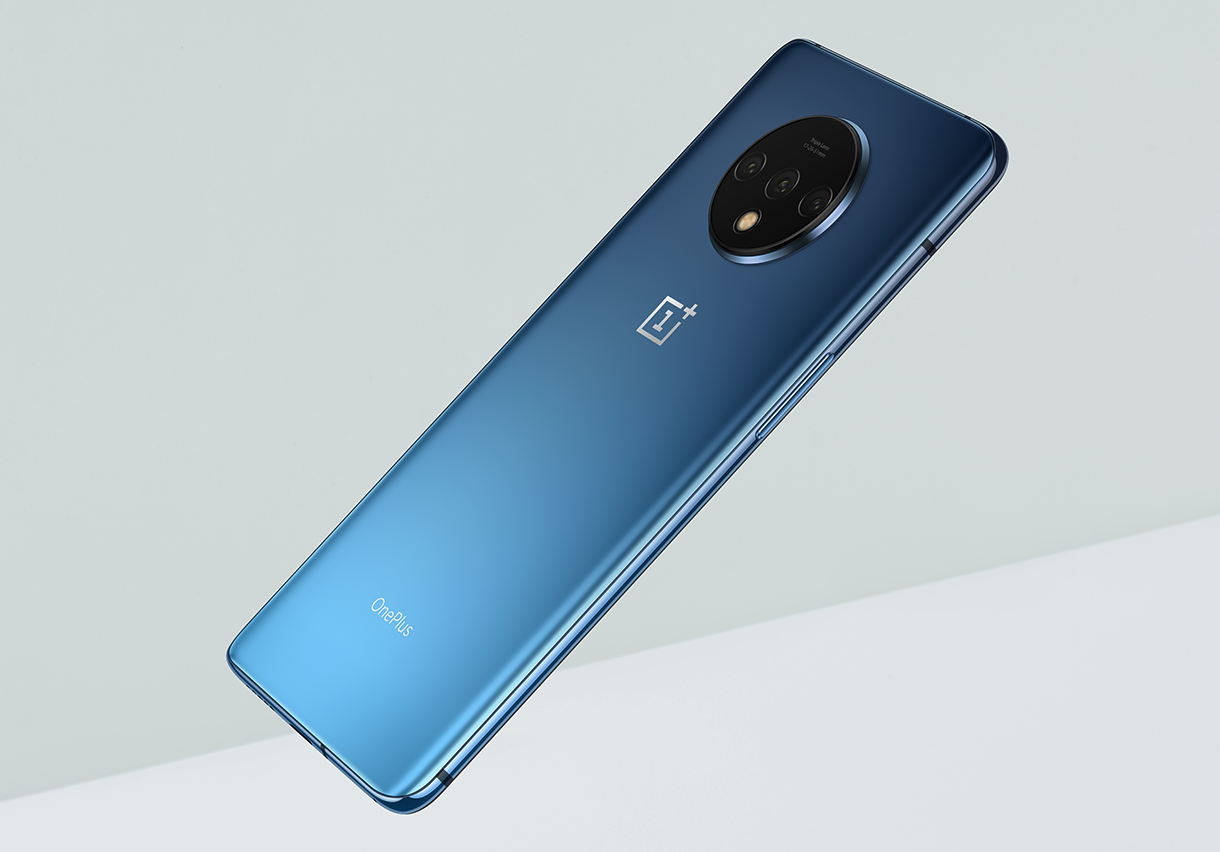
Once again OnePlus has produced a gorgeous, rapid and super slick Android phone which, as the Chinese maker has become renowned for, goes toe-to-toe with far more powerful flagships for significantly less money. OnePlus has been iterating on this device across multiple yearly phone cycles now and, arguably, the past 18 months has seen it pull up just short. The OnePlus 7T, though, sees the formula get riffed on one more time and with near-perfect results, producing a phone that is impossible not to recommend.
-
+
90Hz screen is lush
-
+
Android 10 out of the box
-
+
Rapid Snapdragon 855 Plus CPU
-
+
Warp Charge recharging
-
+
Oxygen OS is super slick
-
+
Super fast in-screen fingerprint reader
-
-
Camera system beaten by rivals
-
-
No wireless or reverse wireless charging
-
-
No IP rating for dust or water
-
-
3,800mAh battery is just acceptable
Why you can trust T3

OnePlus 7T - Key Specs
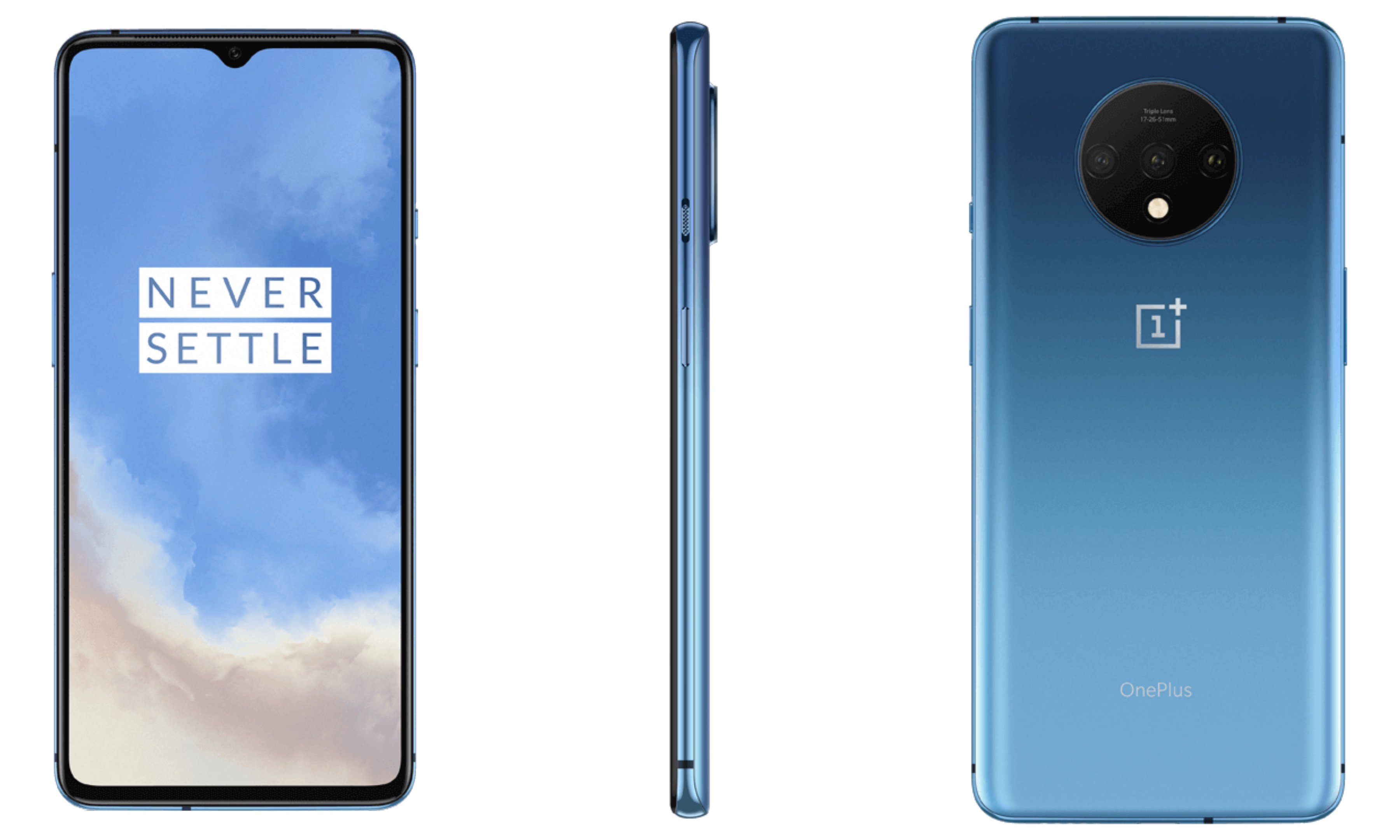
Screen: 6.55-inch
CPU: Qualcomm Snapdragon 855+
GPU: Adreno 640
RAM: 8GB
Storage: 128GB
Battery: 3,800mAh
Rear camera: 48MP + 12MP + 16MP
Front camera: 16MP
OS: Android 10
Welcome to T3's official OnePlus 7T review. Over the past few weeks I've been putting the latest iteration of OnePlus' mid-year refresh through its paces and what follows is my considered take on the new handset.
And, after personally reviewing the OnePlus 6 and OnePlus 6T last year, two phones that I gave four stars to, I have to say that right off the bat I got a strange sense of déjà vu when going hands on with the OnePlus 7T — you can tell straight away that this device shares the same DNA as those phones.
Is that bad thing or a good thing, though? I think overwhelmingly it is a good thing, as OnePlus has been in the business of making quality handsets for a fair few years now (at least since the OnePlus 5). However, those who were hoping to see a break in this lineage will no doubt be slightly disappointed.
The fact that the OnePlus 7T sails at times dangerously close to last year's devices, as well as - naturally for a mid-year refresh - the OnePlus 7, is also a consideration, and as someone who reviews a lot of phones, it was something I had to struggle at times to divorce myself from.
Most people I am guessing who are looking at the OnePlus 7T are OnePlus 5T or 6T users, or - and this is very important to OnePlus right now I think - new users entirely who come to OnePlus from a different brand. Not everyone will have been on the bi-annual OnePlus train and if the Chinese maker is going to shed off its cult roots to grow, then new users is absolutely what it needs.
Should OnePlus 6T owners be looking to upgrade? Or should they keep their powder dry for the OnePlus 8 next year? Does OnePlus need to go back to the drawing board in terms of how it approaches phone design? Or has it produced its most accomplished phone ever? Read on for some commentary.
Before we get to the meat of the review, though, it is worth watching the OnePlus 7T's hype-filled launch video, which gives an overview of its highlight hardware and features.
OnePlus 7T review: price and availability
The OnePlus 7T costs $599 in the United States. That is for the 8GB of RAM and 128GB of storage variant. That is a strong price point in my opinion. Right now, though, we have no idea how much the OnePlus 7T will cost in the UK, which is disappointing. Will it cost £599? Probably, but right now there is no way of knowing for sure.
The exact price will, likely, be unveiled on the October 10 at the scheduled official OnePlus event, which should also see the official unveiling of the OnePlus 7T Pro.
In terms of colourways, the OnePlus 7T is available in Frosted Silver and Glacier Blue.
The OnePlus 7T is likely to be stocked on Amazon as well as the official OnePlus store.
OnePlus 7T review: design and screen
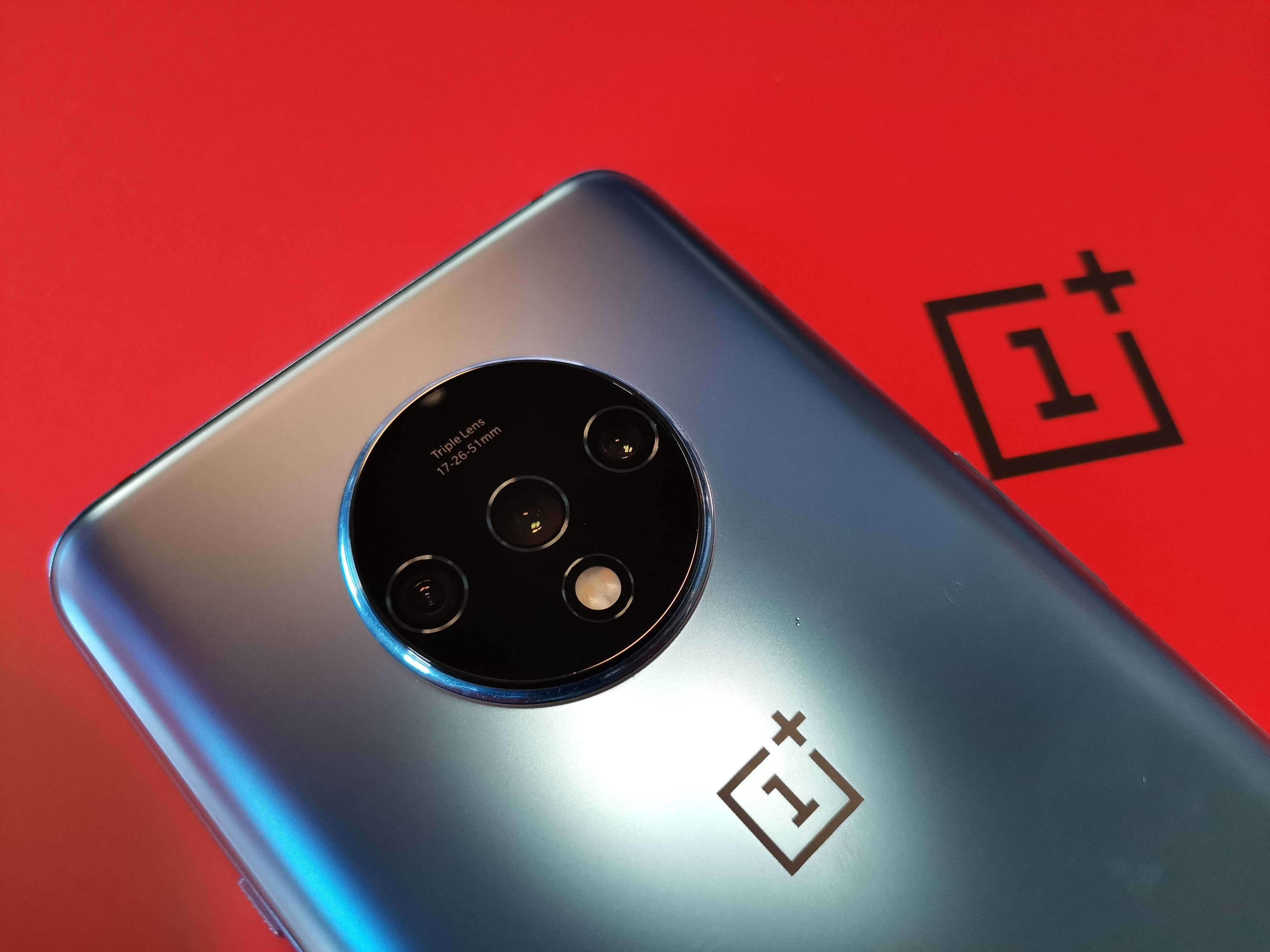
The OnePlus 7T comes with a circular rear camera array.
Take the OnePlus 7T out of the box and the first thing that grabs the attention is the phone's large and expansive 6.55-inch display. The screen, even when turned off, just seems to stretch wonderfully to each edge of the phone, and is only interrupted by the phone's tiny tear-drop front camera lens, which is situated top-center.
Turn this screen on, though, and the Fluid AMOLED panel's real star quality makes itself known. It has a 90Hz refresh rate. This is the same panel used on 2019's OnePlus 7 Pro and, as we wrote then, the 90Hz screen equates to "buttery smooth" scrolling, swiping and transitioning.
By refreshing at a higher rate than a smartphone's typical 60Hz, the fluidity of the screen is markedly improved to the eye, with any transition (scrolling, page turning, app switch etc) appearing incredibly slick and smooth. It sounds like a small point on paper, but the screen is the part of the phone that you use the most, like literally every time you pick up the device, so the fact it moves so well now to the eye is a major boon in my mind.
And especially so considering the OnePlus 7T's screen also delivers 400 pixels-per-inch in terms of sharpness, which is in the range of so good it is imperceptible to the human eye, and strong peak brightness levels. It is also covered with Gorilla Glass, which imbues it with great levels of protection, too.
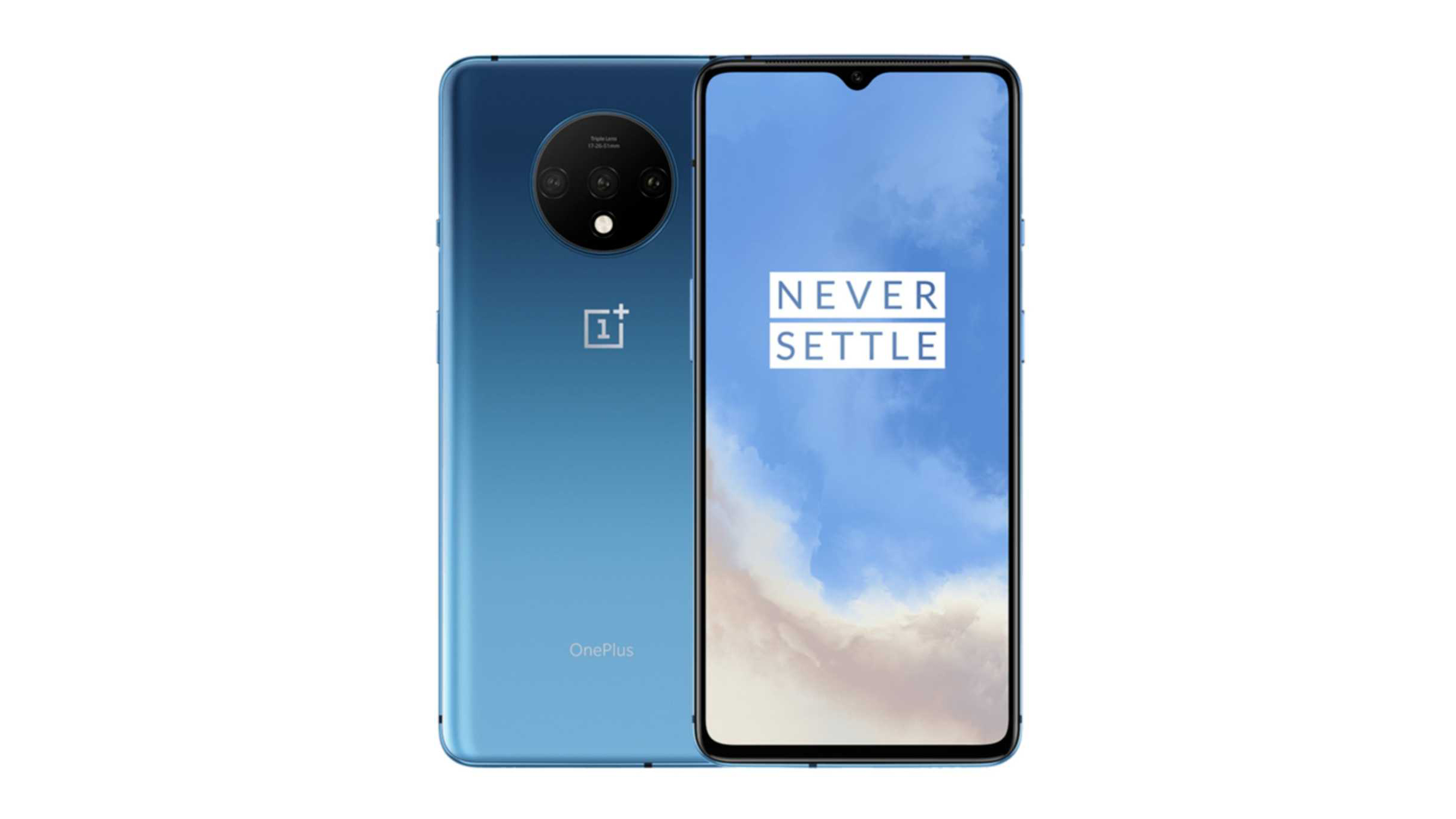
With a 90Hz screen on tap, the OnePlus 7T delivers a buttery smooth viewing experience
In terms of design, the OnePlus 7T looks very much like a slightly taller and thinner OnePlus 6T, which is thanks to a new 20:9 aspect ratio. On the front it is all screen, with tiny bezels running round each side, while if you flip it over you are met with a frosted-look, cold to the touch back panel, which on my review device was Glacier Blue.
The rear camera array is circular and positioned top-centre of the phone. It is not flush, protruding a fraction out from the backplate (on this note, if you use an official case with the phone then the cutout is as such so the camera protrusion sits flush with the casing).
Power button remains on the right hand frame edge, as too does OnePlus' distinctive manual silent mode switch, which is a personal favourite of mine. The ability to instantaneously kill all beeps, bongs and rings - even without having to turn on the phone is charming and on-point in an age where minimizing phone use is on-trend.
Volume rocker remains on the left hand side, while charging and power (USB Type-C) and SIM card slot are located on the bottom, along with a speaker.
Overall, I feel the OnePlus 7T is a very stylish phone. I personally prefer more retrained, less blingy phone finishes, so the cool and understated frosted finish on this handset appealed. I wouldn't say the circular rear camera array looks attractive, and the protrusion got me jittery about scratches when using the phone without a case, but it certainly isn't an eyesore, and if you use a case, then the protrusion disappears.
Lastly here it is worth mentioning that, once more, OnePlus has not had an official IP rating for water and dust resistance attained for the phone. The phone is though resistant to these things according to the company. How you feel about that is something only you can decide.
OnePlus 7T review: hardware and performance
Mike Tyson said it best when he stated that "speed kills", and once more OnePlus has delivered a blindingly fast mobile phone in the OnePlus 7T. At its heart is a state-of-the-art Qualcomm Snapdragon 855 Plus CPU, which along with the Huawei Kirin 990 currently is one of two market-leading Android processors. This a processor that is coated in cheetah blood, and the benchmarks prove it (see nearby boxout).
In fact, the only processor that conclusively beats the 855 Plus is Apple's latest A13 Bionic processor as featured in the iPhone 11 range of phones, but that is largely immaterial in terms of real-world performance, and especially so when it comes round to OS and app performance on a day-to-day level. In terms of Android phones right now in 2019, the OnePlus 7T is blindingly fast.
OnePlus 7T - GeekBench 5 scores

[CPU]
Single-Core Score: 788
Multi-Core Score: 2865
[Compute]
OpelCL Score: 2675
Vulkan Score: 2333
That Snapdragon 855 Plus is partnered with a healthy 8GB of RAM as well as an Adreno 640 GPU. These combine to deliver flawless performance in-app and in-game, with the phone delivering perfect results during testing while playing top Android games like Mario Kart Tour, Dragon Ball Legends, Hearthstone and Harry Potter: Hogwarts Mystery.
This is obviously impressive, however I have said before that right now the default for any flagship phone is that it should run anything in the Google Play Store perfectly, so let's not get too carried away. I fully expected the OnePlus 7T to deliver in terms of performance, and it has done.
Elsewhere in terms of hardware, the OnePlus 7T comes with 128GB of internal storage and, yes, there isn't a expandable microSD card slot. If you are a person who has to have huge internal storage space then maybe this isn't the device for you. For the vast majority of people, though, I feel that this storage quantity is more than enough.
Yes, 128GB of storage is the minimum I would want to see on a flagship phone, but realistically I rarely blow over the 100GB level when using a phone long-term, so don't feel like this a shortcoming. More storage is always welcome, though, naturally.
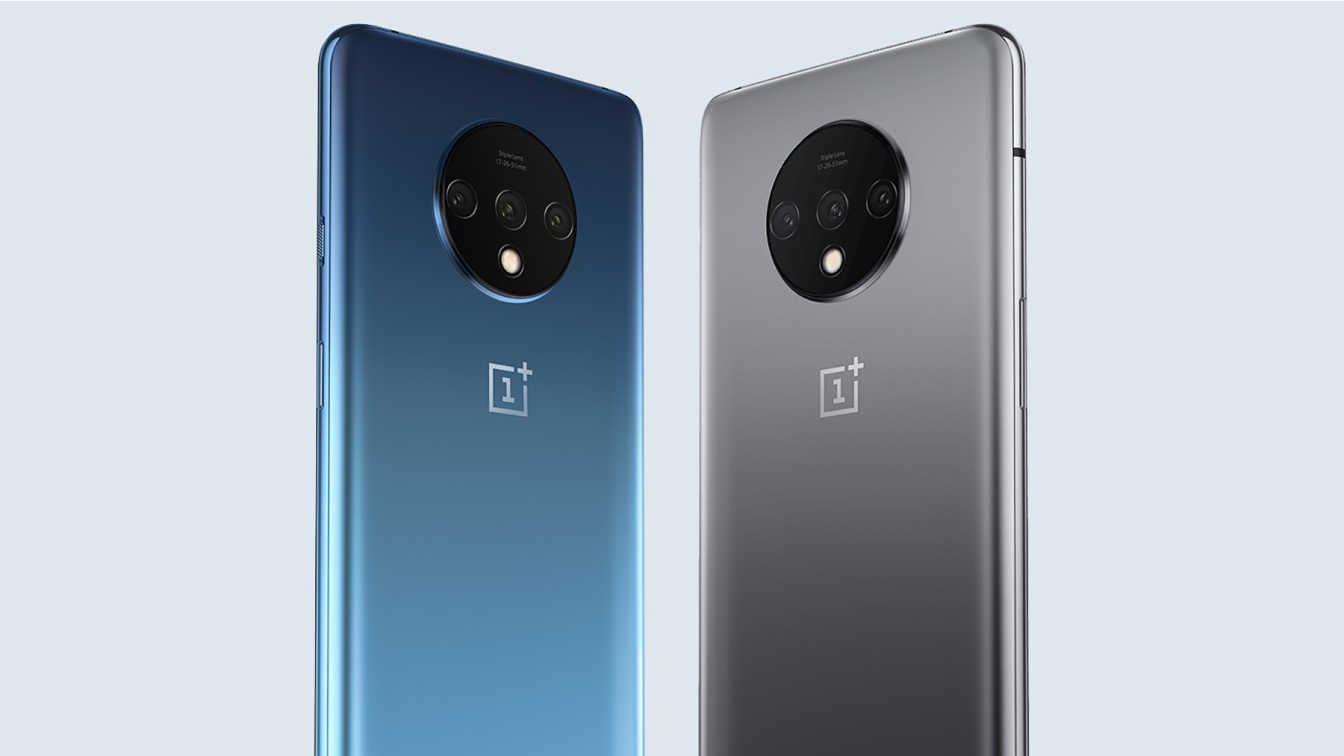
With Warp Charging on tap, keeping the OnePlus 7T juiced is fast and easy
Lastly, in terms of internal hardware, I feel I have to mention that the OnePlus 7T uses a 3,800mAh battery. That is a 100mAh increase over last year's OnePlus 6T and the exact same battery used in the OnePlus 7. It is also 300mAh less than the stack installed in the OnePlus 7 Pro.
My reaction to this battery after testing? It is adequate but far from anything to write home about. You definitely get a day's usage out of it, and pretty heavy usage, too. For example, on a couple of all-day trips to London for briefings, whereby I was hotspotting the phone to my laptop so I could work on the train, using it for music, following Google Maps and taking in news and social media, too, I returned home with 13 to 23 per cent battery at around 6:30-7:30pm.
So, yes, that is fine. But when you compare that performance to, say, last year's Huawei Mate 20 Pro, which could do that for going on two days between charges, the gap in battery life becomes evident.
That said, though, OnePlus has equipped with the OnePlus 7T with its latest Warp Charge technology, meaning that the device can be juiced to 70 per cent in just 30 minutes. That's very convenient, but it does necessitate you having the Warp Charge charger and a place to plug it in.
And, while we're on charging, the OnePlus 7T has not bucked the maker's recent trend in not including wireless charging. Again, how you will feel about this will largely depend on how you like to charge your phone. I like to charge my phone both ways, so am always a little disappointed that OnePlus doesn't include the technology, but you may feel it is an unneeded feature that would add to the cost. 🤷
If you gave me a choice, though? I'll have a device with wired charging, wireless charging, and reverse wireless charging. I love smart technology and features that make my life easier.
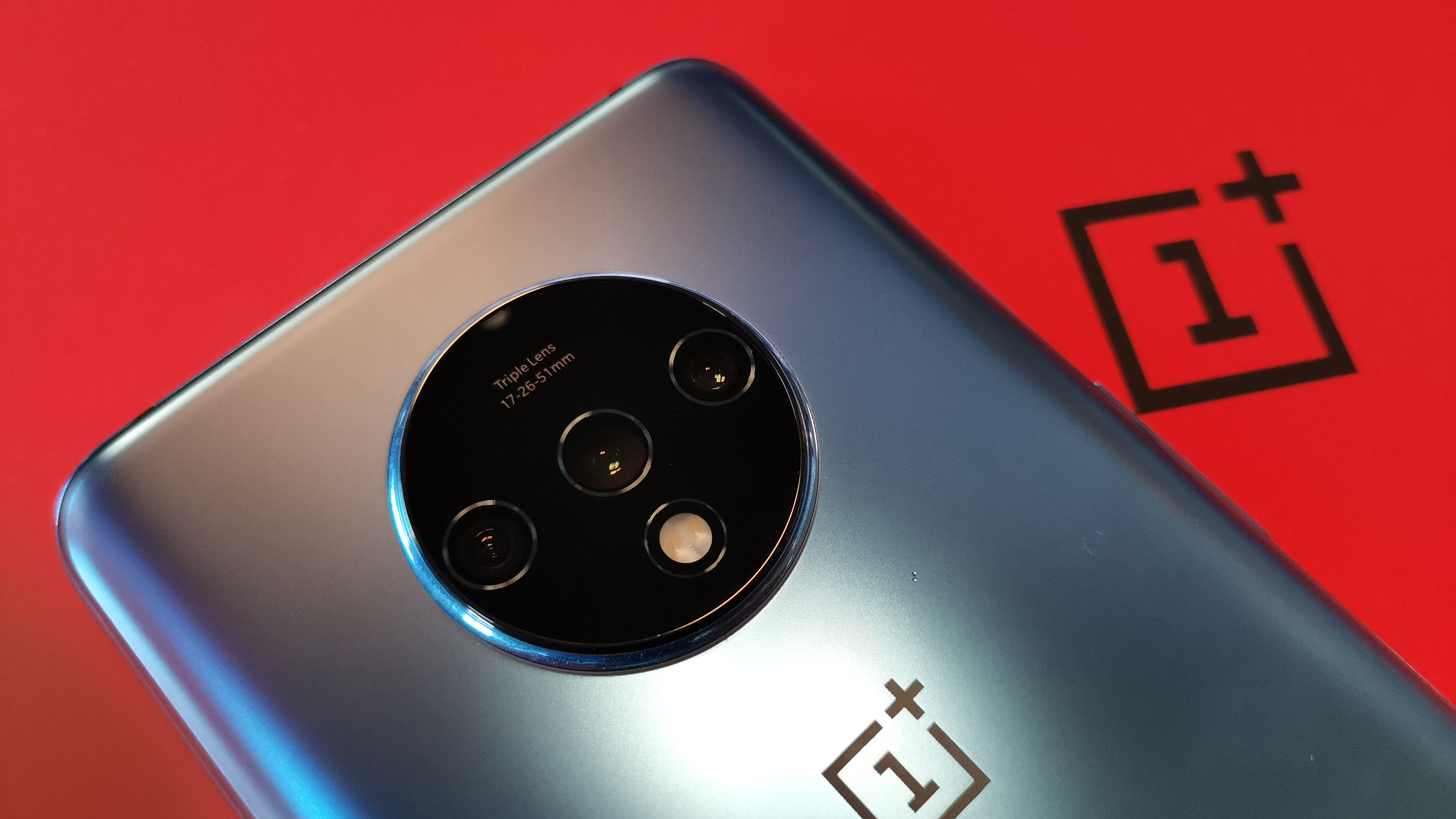
The OnePlus 7T features Qualcomm’s rapid Snapdragon 855 Plus CPU
OnePlus 7T review: camera and OS
Camera systems have never been a OnePlus specialism, but over the past couple of years it has really focused in this area and the result is that the OnePlus 7T has a fuss-free and highly competent camera offering.
The rear array is made up of three cameras. You get a 48MP primary camera (26mm, f/1.6) with image stabilisation, a 12MP telephoto camera with 2x zoom (51mm, f/2.2) and a 16MP 117-degree wide-angle camera (17mm, f/2.2).
Round the front, meanwhile, you get a 16MP (25mm, f/2.2) selfie camera
To get a taste of the image quality captured by these cameras please consult the gallery of sample images below that I took while testing.

OnePlus 7T camera samples gallery

OnePlus 7T camera samples gallery

OnePlus 7T camera samples gallery
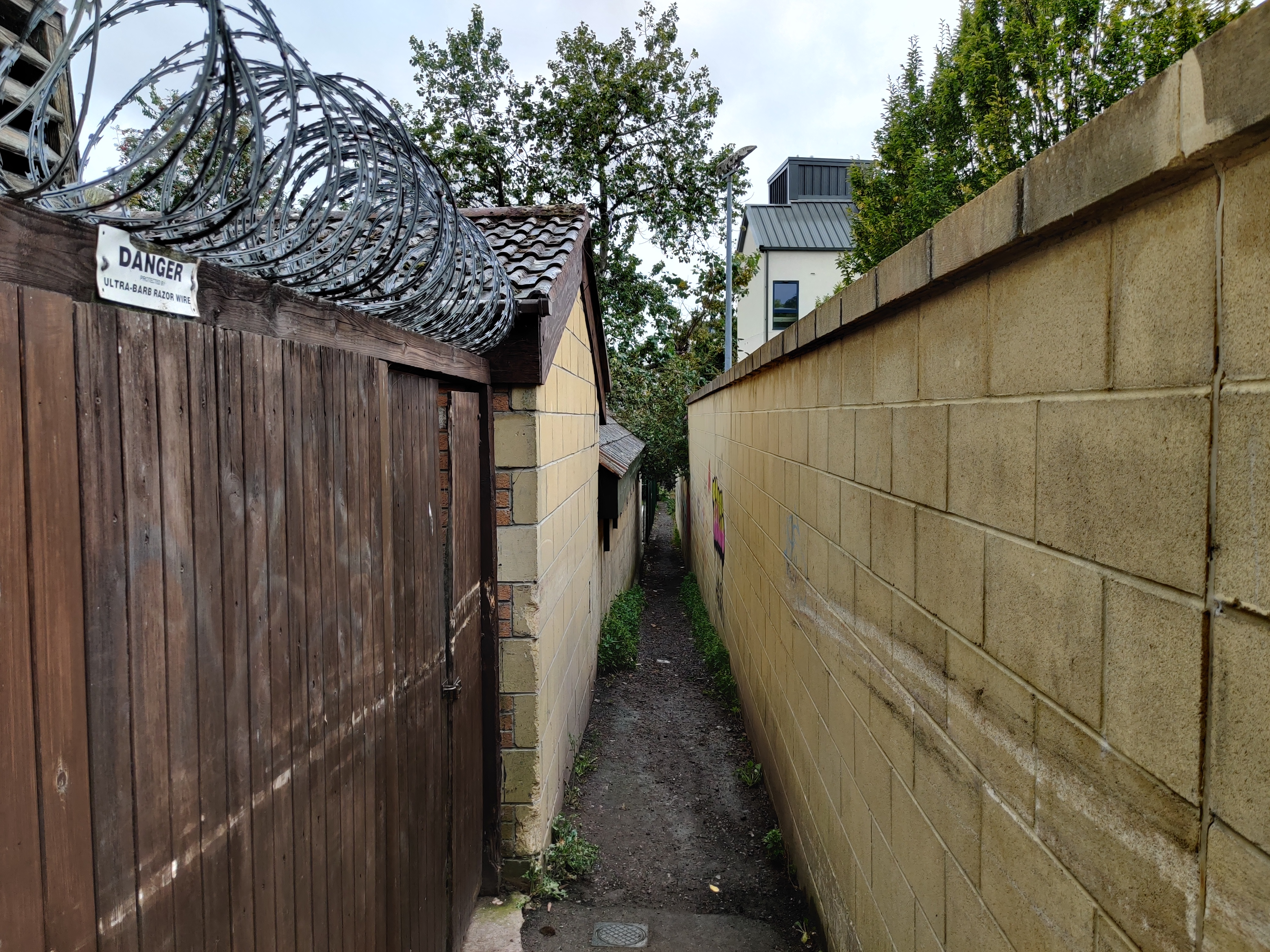
OnePlus 7T camera samples gallery

OnePlus 7T camera samples gallery

OnePlus 7T camera samples gallery

OnePlus 7T camera samples gallery

OnePlus 7T camera samples gallery
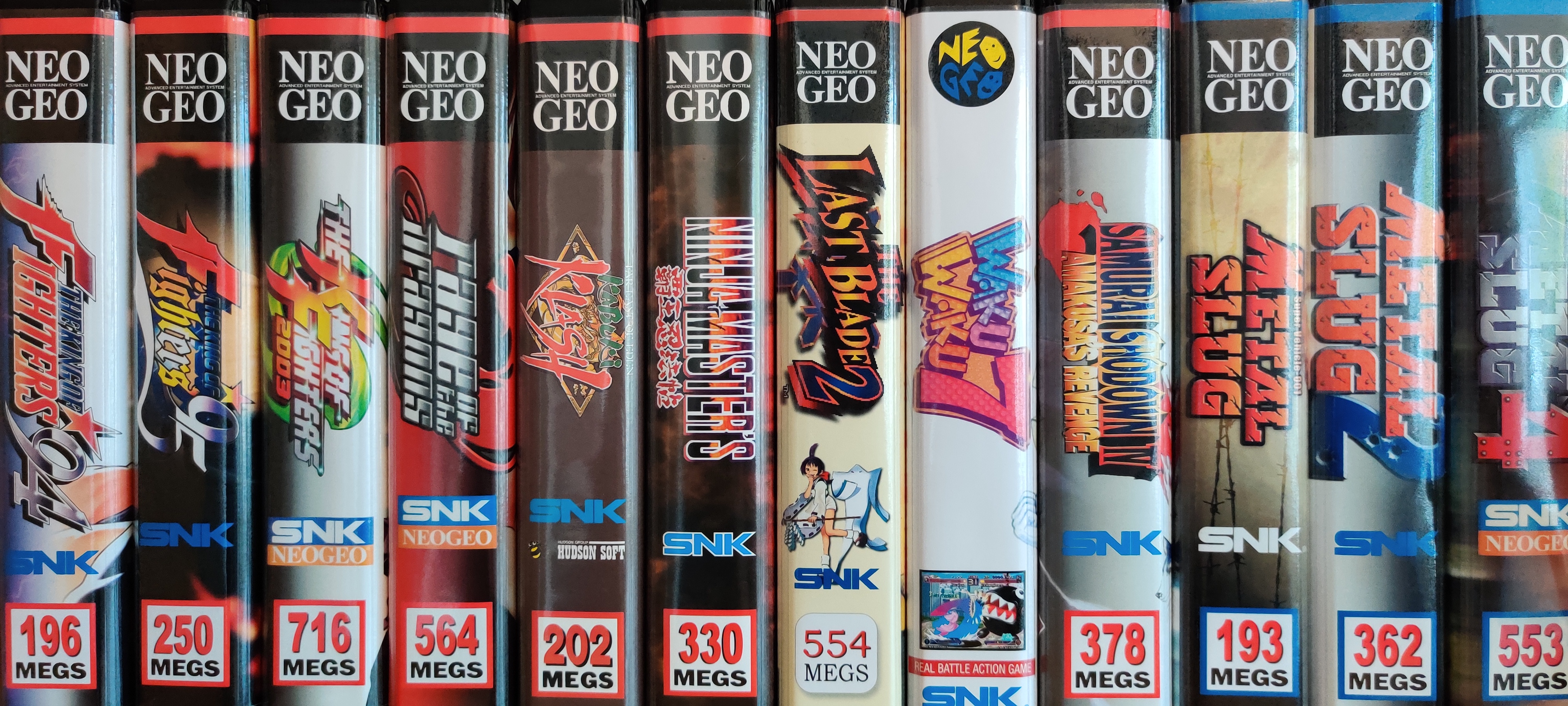
OnePlus 7T camera samples gallery

OnePlus 7T camera samples gallery
I felt the images delivered were crisp and demonstrated solid colour reproduction and a pleasing lack of grain up close. Telephoto images tended to lean a little towards being washed out (check out the shot of the green man's face), though, and intra-image contrast was lacking a little something when compared to the best phones for photo taking (Huawei P30 Pro , Apple iPhone 11 Pro and Google Pixel 3 XL).
In terms of shooting modes you get three main ones: photo, portrait, and nightscape. In each mode you can switch between cameras, too, with small circular symbols on the screen allowing transition from main camera to wide-angle for example.
On the top bar of the camera system's UI you can also access things like shooting aspect ratio, which allows full screen, 4:3 and 1:1, flash, timer and macro mode. I found the OnePlus 7T's macro mode to deliver strong results, as can be seen in the below image of the flower head. Shooting in this mode is possible up to 2.5cm distance.

Macro mode delivers fine detail up close.
The 16MP front selfie camera delivers very detailed images, and when portrait mode is turned on - and in my case beautification is cranked up to maximum! - you get subtle smoothing and really rather nice, soft bokeh. Thankfully the technology in terms of beautification really seems to have now reached a level where you don't end up coming out like a younger wax work version of yourself. Less definitely is more in this regard, and I feel the OnePlus 7T gets this right.

The OnePlus 7T's front-facing selfie camera captures fine detail well in portrait pictures, and with subtle bokeh.
In terms of video the OnePlus 7T delivers a solid package as well, with 4K 60fps the most advanced shooting option on offer. Shot video is also stabilized as well. It is a simple offering, with nowhere near the level of options and modes offered on video-taking powerhouses like the Sony Xperia 1, but it works well, blending ease of use, raw speed and good end results well.
And, I feel that good and simple idea kind of summates the OnePlus 7T's camera offering. It is not the best on the market for sure, but it seems to deliver good results across the board and makes accessing those results very simple and straightforward. I feel there is much to be said for offering the regular phone user such an experience.
Photography enthusiasts will probably come away wanting more, but for me, this is the first time I've felt OnePlus has got its camera offering just right for its market position.
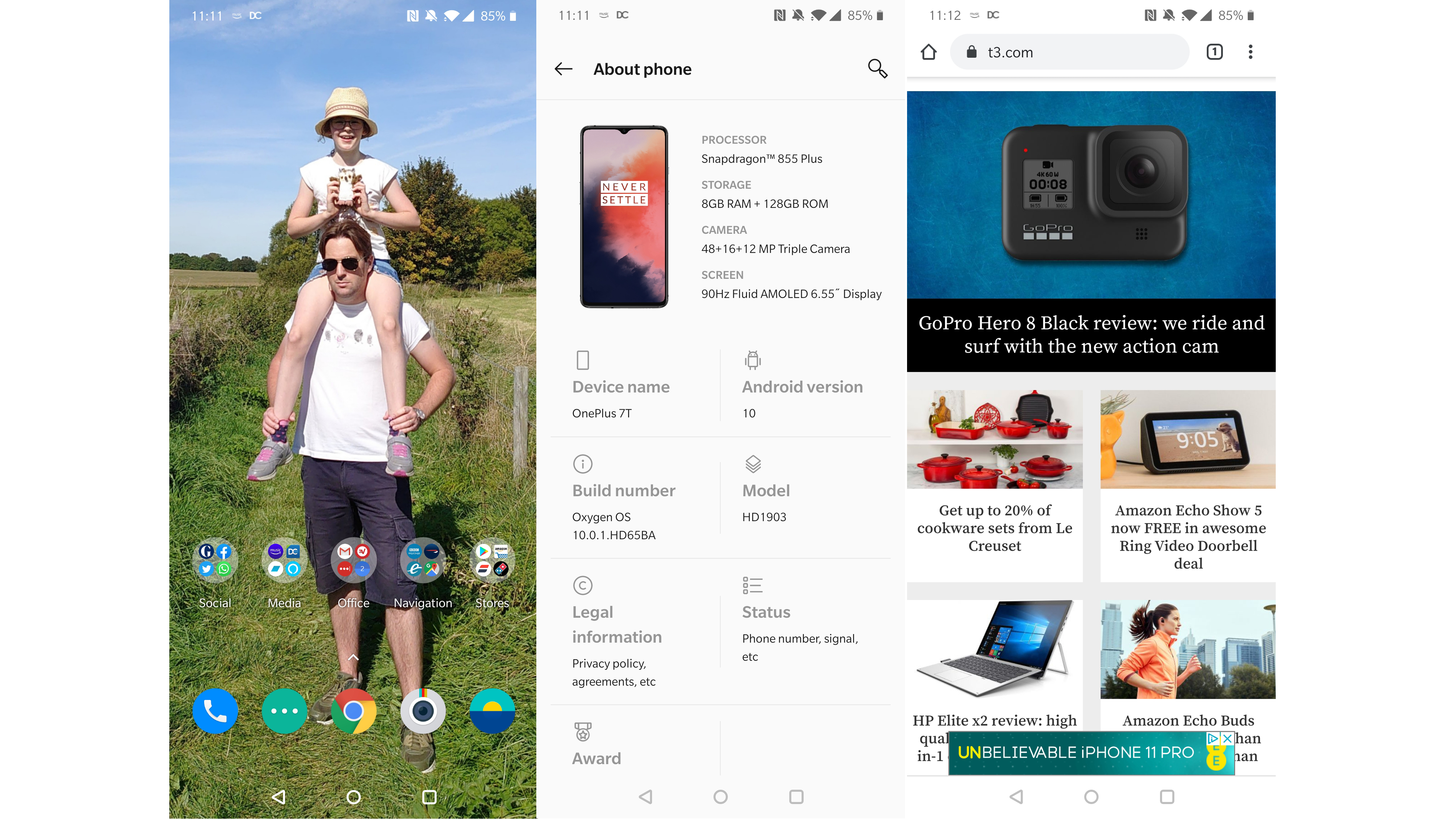
Android 10 out of the box. 😎
OnePlus long ago realised that only small changes to stock Android were necessary to make a truly engaging, unique and slick OS. And on the OnePlus 7T, a device that runs the brand spanking new Android 10 out of the box, with the Chinese maker's own latest version of Oxygen OS running over it, you have a truly special combination of intuitiveness, speed and advanced functionality.
Navigating the OnePlus 7T is a pleasure, while neat features like Zen Mode (where you can shut off everything phone-wise for between 20 to 60 minutes; perfect for getting things done and not getting distracted) seem really user-focused and help imbue the system with its own character.
OnePlus 7T review: verdict
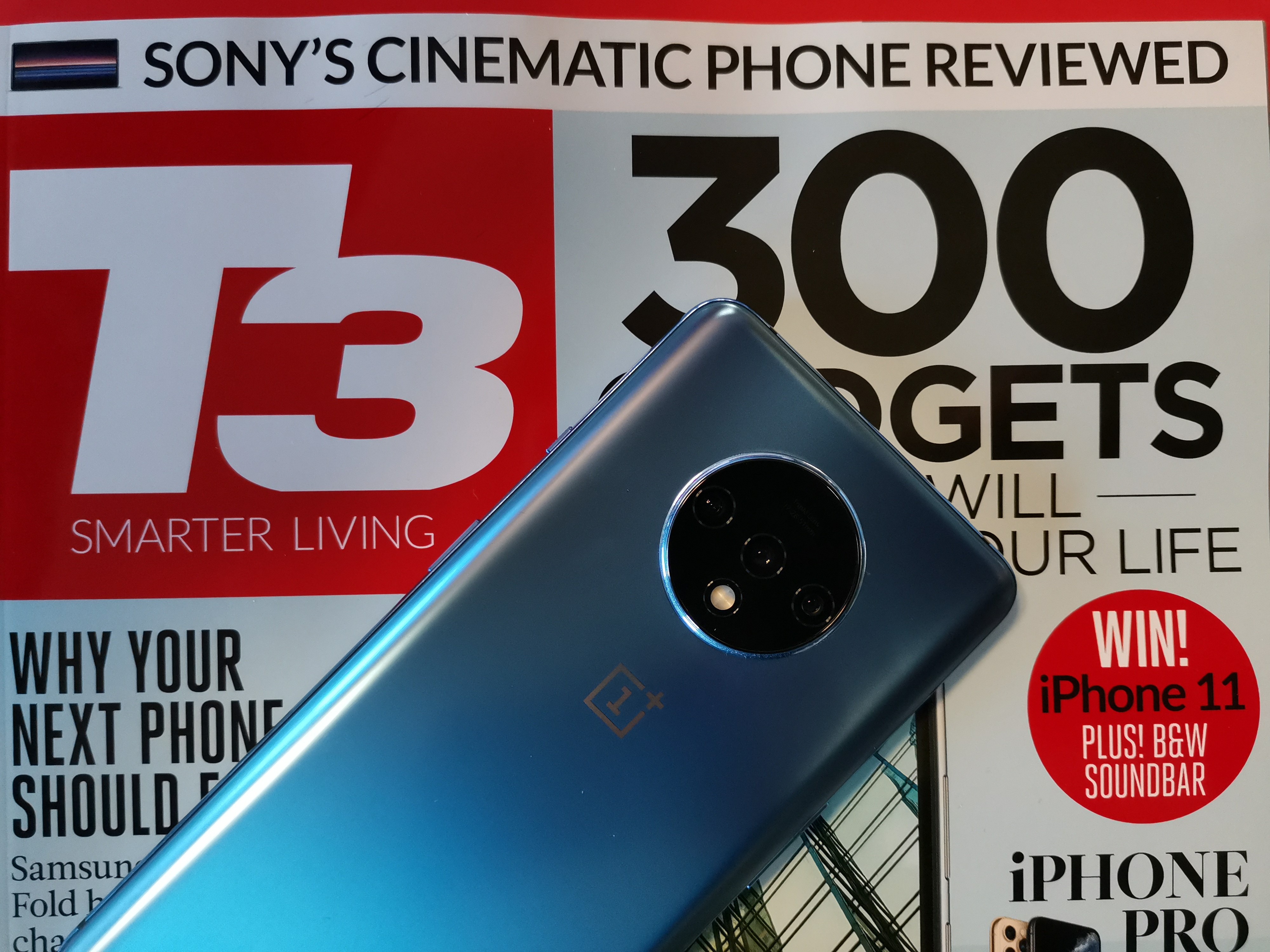
I highly rate the OnePlus 7T.
Part of me wonders if OnePlus has gone and rolled straight sixes here with the OnePlus 7T. And a part of me whispers that the phone is really not that different from last year's OnePlus 6T, let alone the OnePlus 7 from earlier this year, with marginal at best improvements in terms of camera performance, battery life and high-end features.
However, every time I pick up the phone it just seems to come together to produce a refined and perfectly balanced mobile experience. It reminds me, to be truthful, of Apple, how the American maker seems to have long ago mastered how to produce sweet spot devices that, just, well… work.
iPhones are, on the whole, devices that are super accessible, punch hard in certain core areas, and come together in the average phone user's hand in terms of experience. And that is despite often shedding advanced features that rival flagships have, or running a year behind in terms of incorporating new tech or features. This I feel best describes what OnePlus has managed with the 7T.
Yes, the OnePlus 7T is business as usual from the cult Chinese maker, and if you have the OnePlus 7 or OnePlus 6T then I still think you need to seriously appraise whether you need to upgrade, but it also proof that iteration isn't necessarily a bad thing and, in fact, can often lead to truly beautiful results.
Sign up to the T3 newsletter for smarter living straight to your inbox
Get all the latest news, reviews, deals and buying guides on gorgeous tech, home and active products from the T3 experts
Rob has been writing about computing, gaming, mobile, home entertainment technology, toys (specifically Lego and board games), smart home and more for over 15 years. As the editor of PC Gamer, and former Deputy Editor for T3.com, you can find Rob's work in magazines, bookazines and online, as well as on podcasts and videos, too. Outside of his work Rob is passionate about motorbikes, skiing/snowboarding and team sports, with football and cricket his two favourites.
-
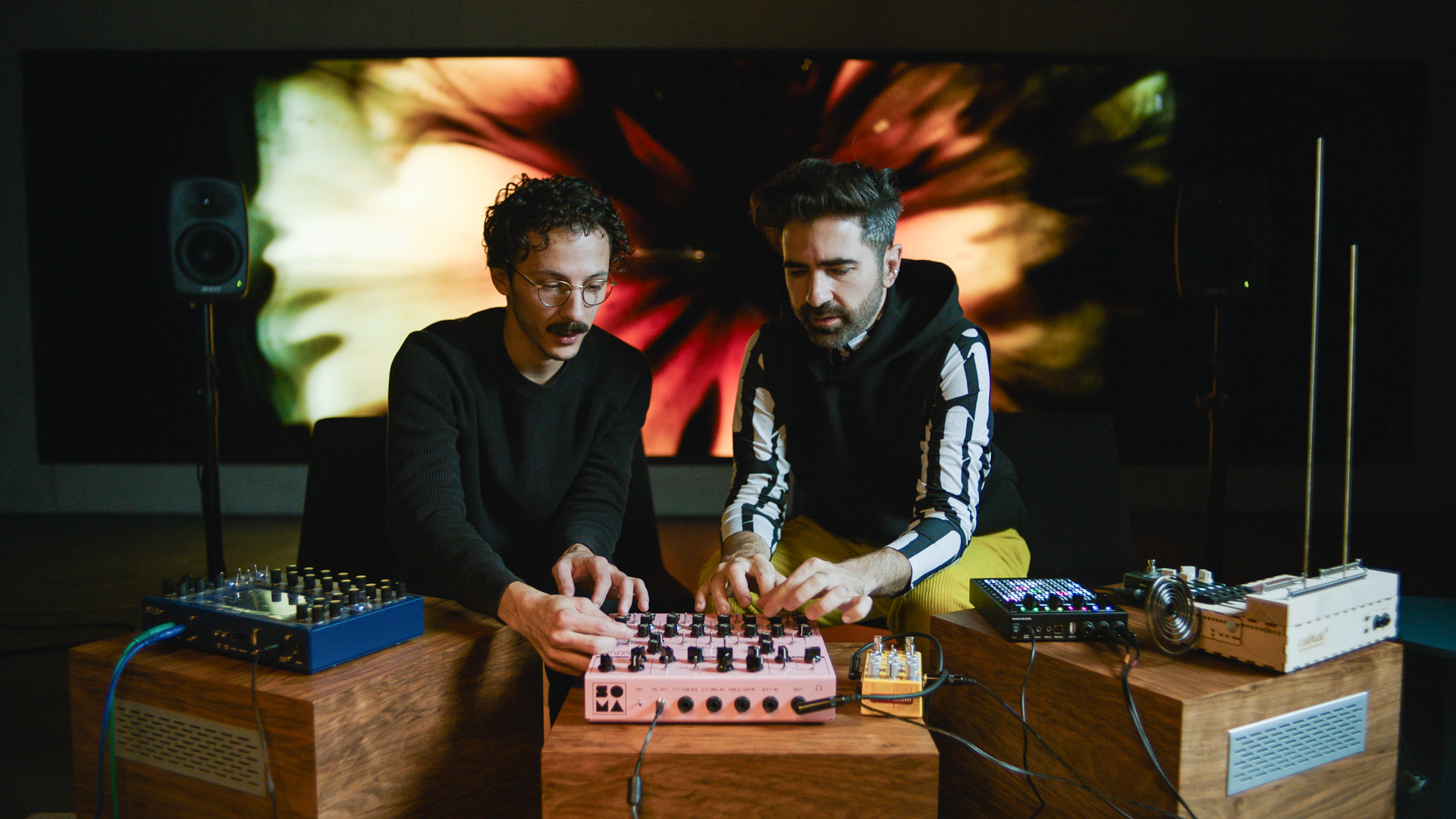 This is the sound of BMW's upcoming Neue Klasse EVs
This is the sound of BMW's upcoming Neue Klasse EVsHas BMW cracked the problem of making EVs sound fun with its next-gen soundscape for its Neue Klasse cars
By Alistair Charlton Published
-
 Build unshakeable core strength with a kettlebell and these three exercises
Build unshakeable core strength with a kettlebell and these three exercisesAdd this to the end of your workout to fire up your midsection muscles
By Bryony Firth-Bernard Published
-
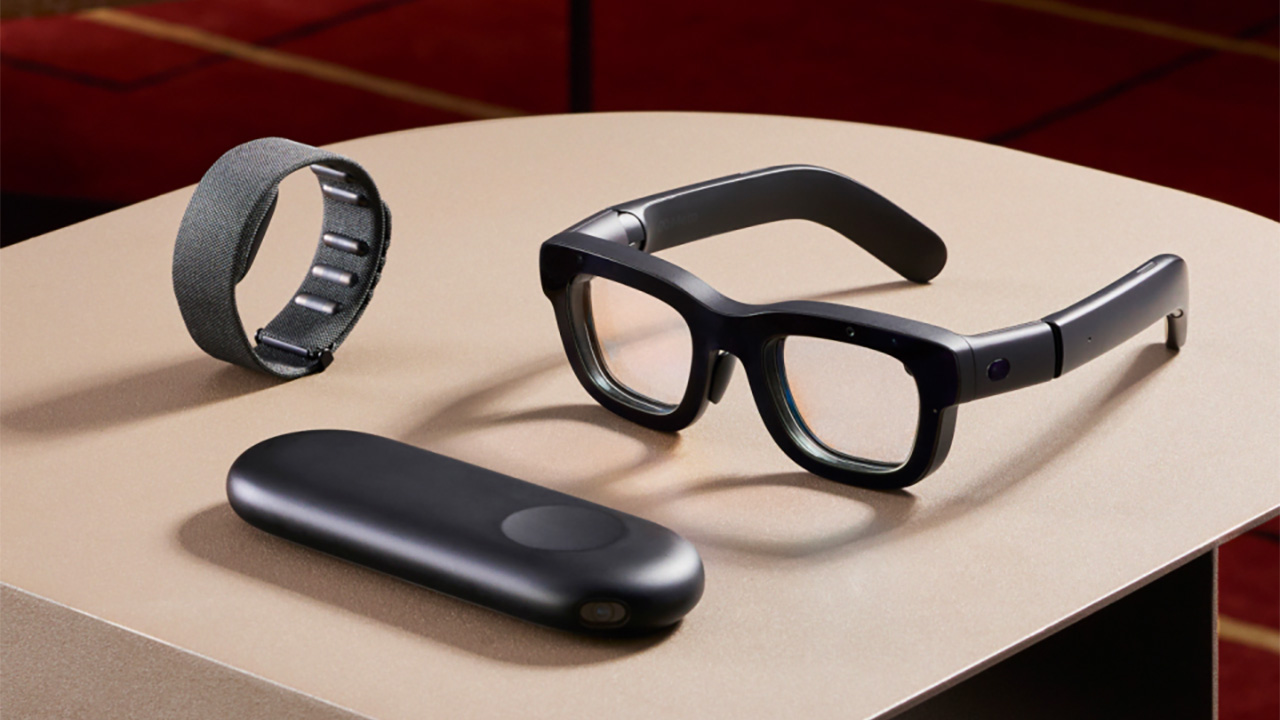 The next big tech battlefield is AR Glasses – and Apple is ready to fight
The next big tech battlefield is AR Glasses – and Apple is ready to fightTim Cook is said to "care about nothing else"
By Sam Cross Published